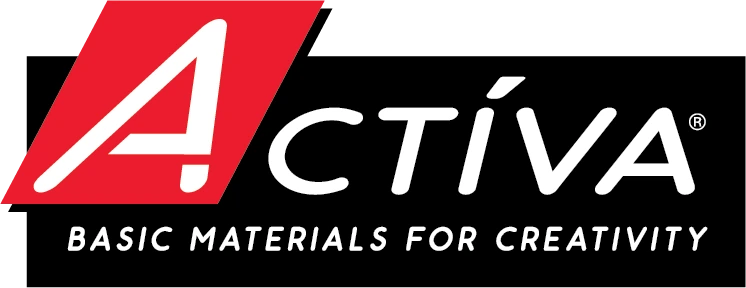As part of the ACTÍVA Products 2018 Art Teacher Mystery Box Contest, art teacher Amanda Fleischbein created this Three Dimensional Under the Sea Painting lesson plan.

About The Art Teacher
"My name is Amanda Fleischbein and I am the (very) proud art teacher at the Academy Prep Center of Tampa. As a Title 1 middle school teacher, I'm always looking for projects and products that will inspire and empower my students. When I'm not working on new projects for my students, my husband and I love to travel. We've been to 6 countries and 10 states in the last 6 years together!"
To learn more about Amanda, visit her website and follow her on Instagram.
Big Ideas of Lesson
Inspire students learning foreground/middle ground/background through a three dimensional under-the-sea painting! This assignment requires creative thinking skills, attention to detail, and provides an outstanding cross-curricular connection to Science (oceanography, biomes, impact of global warming on sea life). Additionally, using ACTÍVA's materials requires proper use of percents and ratios.
Supplies Needed
- ACTÍVA Products Rigid Wrap
- ACTÍVA Products InstaMold
- ACTÍVA Products PermaStone
- Canvas or Cardboard Background
- Gyotaku Rubber Fish
- Container for Mold
- Bowl of Water (for Rigid Wrap)
- Glue
- Scissors
- Acrylic Paint and Brushes
How to Make a Three-Dimensional Under the Sea Painting
1. Use InstaMold and Gyotaku fish to make molds. Once ready, pour the PermaStone and let set.


2. Paint the canvas/cardboard background using cool colors.
3. Once the PermaStone has dried, paint your fish. I was inspired by Heather Galler's use of color and pattern.
4. Once the background is dry, use Rigid Wrap to create seaweed and coral reef. I simply twisted the strips after dipping in water and arranged directly on the background.
5. Before the Rigid Wrap completely dries, place your fish. I wanted it to feel as though my crazy fish could have been swimming through the seaweed, so I lifted a bit up to allow for some overlapping.
6. Once the Rigid Wrap is dry, paint it! I also found I needed to touch up a few places where excess plaster dripped from applying my seaweed and coral.
7. After everything has had a chance to dry, check to see which pieces need a little help sticking to the background and affix with your glue of choice (I opted for super glue). The fish will definitely need to be glued down!














 />
/>
 />
/>